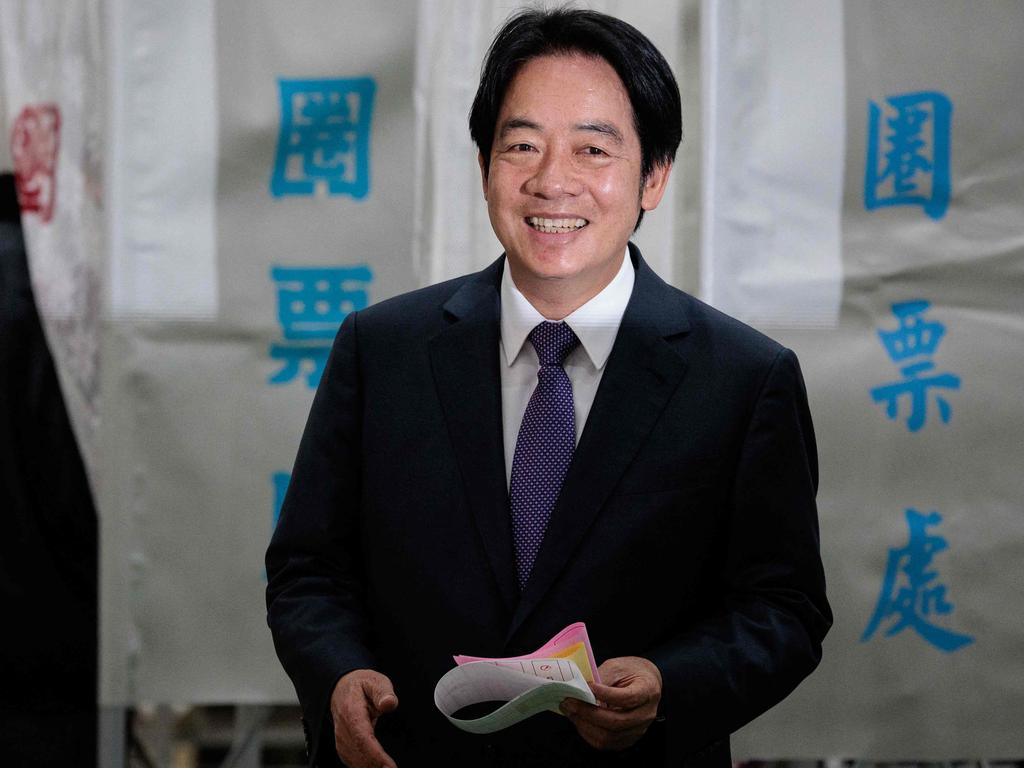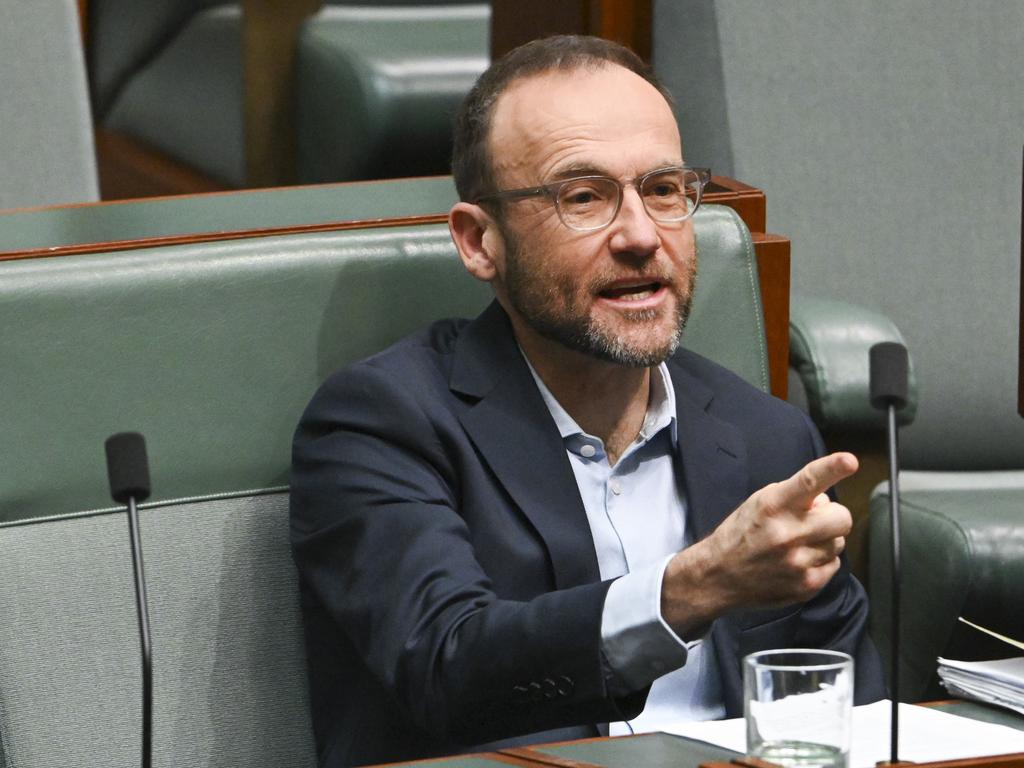Taiwan and Palestine: A tale of two territories, and double standards


One, with five million people, held its last elections 18 years ago and has a divided leadership, lacks a working constitution, national currency or united military force, and substantially depends on foreign aid.
Half of this territory conducts arbitrary detention, torture and unlawful killings according to international human rights organisations, is widely accused of corruption, fails to accord women equal rights, bans and punishes same-sex relations, and conducts attacks against neighbouring civilians by rockets and by personal violence and hostage-taking.
The second territory held peaceful national elections this January in which 72 per cent of the 24 million population voted, with three orderly government changes this century. It has its own constitution, currency, a military that defends its clearly defined borders, and it has independent courts that have a strong record of prosecuting corruption.
This latter territory ranks fifth in the world in wealth per head, produces crucial hi-tech inputs into global production chains, operates a universal health system, has had a female president for the past eight years and is the first place in Asia to legalise same-sex marriages.
The former place, Palestinian territories, are recognised by 146 countries of 193 in the UN, of which it is on the verge of full membership. Ireland, Spain and Norway have just announced they are also throwing their support behind its recognition as a state.
In stark contrast the latter territory, Taiwan, is a global black sheep, recognised by only 11 UN members as well as the Vatican. It is banned from membership even of the World Health Organisation.
The governments of Ireland, Spain and Norway clearly cannot comprehend how, compared with Palestinian territories, Taiwan might be considered a state.

Which one truly merits recognition as a country?
The pub test answer is plain.
An argument might be made, for both. Many parts of the world suffer grim times, and the poor people of Palestininian territories of course should not be blamed for the terrible plight into which their elites plunge them so often and so consistently.
But why not Taiwan? This answer is equally obvious. The People’s Republic of China – which itself has never held a popular election – is the state that denies Taiwan its rational status, asserting it is actually a province that it owns.
In recent times Beijing has made support for this claimed ownership a core condition for acceptable relationships with other countries, including its insistence on the term “One China” to cover a place and a people who no longer – if ever they did – view themselves as Chinese
China’s magnificent economic rise is the key to its capacity to deploy this diplomatic tool so successfully.

That is inevitably flattening out as the economy matures and as demography and government policies steer it in new directions. And this year the US has overtaken China as Germany’s top trading partner, and as Japan’s, South Korea’s and Taiwan’s biggest export market.
But China’s economy-driven influence remains resolute in the global south, where its well-drilled diplomatic corp succeeds in delivering the votes its leaders require, especially at the UN and associated institutions.
The all-important ideological framework for this growing multilateral oversight is firmly in place with Beijing’s Global Security Initiative, Global Development Initiative, Global Civilisational Initiative and the economic frame, the Belt and Road Initiative.
China’s Foreign Ministry calls on the international community “to act on true multilateralism” – to make the world safe for the Chinese Communist Party, whose general secretary Xi Jinping speaks of “an intensifying contest of two ideologies” that he views as “a matter of life and death”.
The PRC’s Foreign Minister Wang Yi says China “firmly supports the Palestinian peoples’ just cause of regaining their legitimate national rights and … supports Palestine’s full membership in the UN”.
A common definition of a state has four elements – that it has a defined area, a permanent population, a government and a capacity to relate with other states.
The UN charter opens membership to “all other peace-loving states” besides those that signed the original document in 1945, which included the Republic of China, which remains – somewhat perversely but at the ultimate insistence of Beijing – the formal title of Taiwan.
But the support of the UN’s General Assembly and Security Council – on which the PRC now holds veto power – also is crucially required.
The Chinese Communist Party flagship People’s Daily a few days ago branded new Taiwan President Lai Ching-te, also known as William Lai, as “treacherous” – although the PRC has never ruled Taiwan in its almost 75 years, so Lai has never lived under it.
At his inauguration on May 20, Lai said: “We have continued to enhance human rights, and show the world our values of democracy and freedom.”
Much of the rest of the world, however, elevates its perceived interests including especially economic interests, above these.
Norway’s Prime Minister Jonas Gahr Store claims “there cannot be peace in the Middle East if there is no recognition” of Palestinian territories, while if any country does recognise Taiwan it faces Beijing’s wrath – which in turn risks disrupting the uneasy peace in East Asia.
So, two contrasting territories – adrift in a world where the authoritarian values of Xi and his “best, most intimate friend” Vladimir Putin, reinforced by the subordinate rise of identitarianism of both far right and far left, are on the march.






This is a tale of two territories.